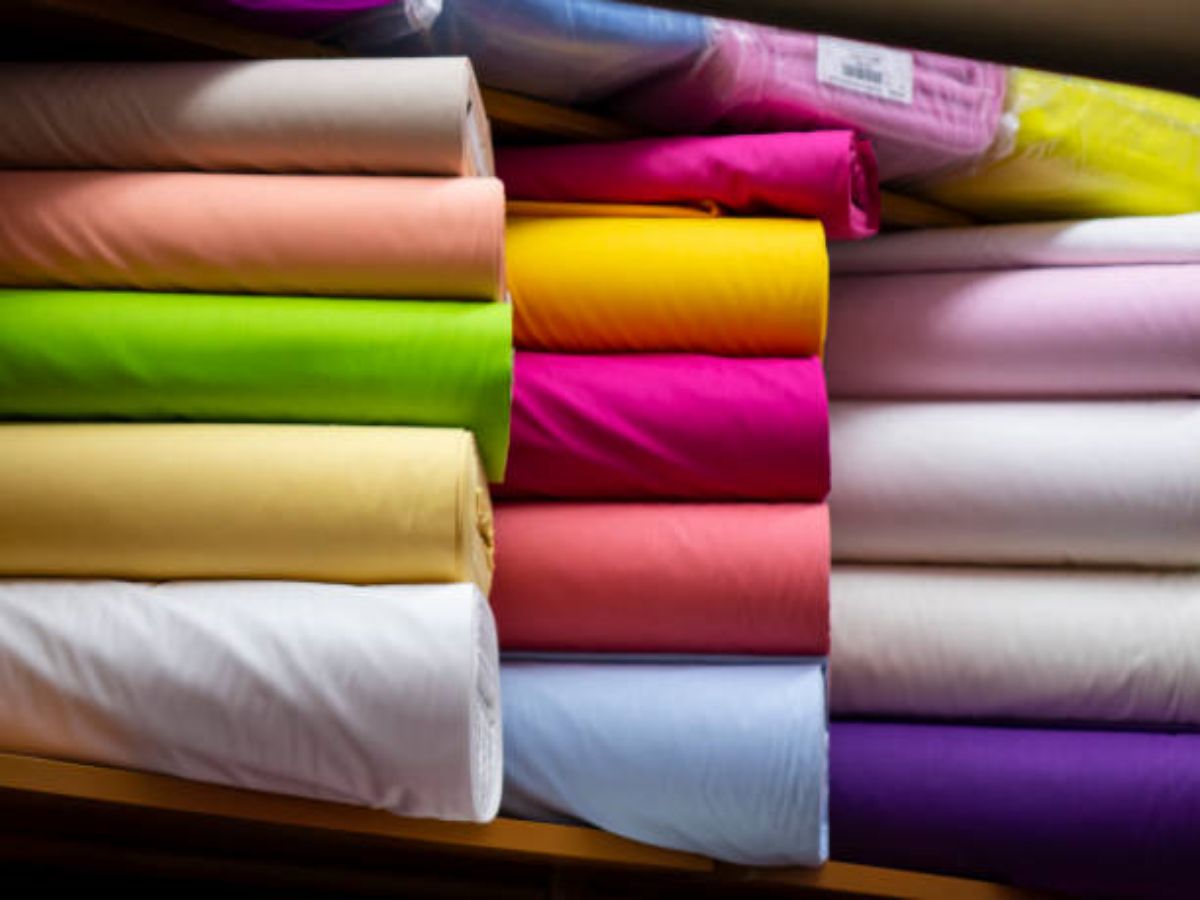Table of Contents

Polyester Vs Cotton Duvet Cover: Which To Choose?
When it comes to choosing a duvet cover for your bedding, there are many options available in the market. However, two of the most popular choices are polyester and cotton duvet covers. Each material has its own unique qualities and benefits, so it's important to understand the differences between the two before making a decision. In this article, we will compare polyester and cotton duvet covers in various aspects to help you determine which one is the best fit for your needs.
1. Comfort and Breathability
Comfort is a crucial factor to consider when selecting a duvet cover. Cotton duvet covers are known for their breathability and softness, making them a popular choice among those who prioritize comfort. Cotton allows air to circulate freely, preventing overheating during sleep. Polyester, on the other hand, is not as breathable as cotton. It tends to trap heat and moisture, which can make you feel hot and uncomfortable at night.
2. Durability and Longevity
When it comes to durability, polyester duvet covers have the upper hand. Polyester is a synthetic material that is known for its strength and resistance to wear and tear. It is less likely to fade, shrink, or wrinkle compared to cotton. Additionally, polyester duvet covers are more resistant to stains and spills, making them a practical choice for households with children or pets. Cotton duvet covers, although not as durable as polyester, can still last a long time with proper care.
3. Maintenance and Care
Another important aspect to consider is the maintenance and care required for each type of duvet cover. Polyester duvet covers are relatively low-maintenance and easy to care for. They can be machine-washed and dried without worrying about shrinking or wrinkling. Cotton duvet covers, on the other hand, require more care. They may need to be ironed to maintain a crisp appearance and can shrink if not washed and dried properly.
4. Allergies and Sensitivities
If you have allergies or sensitivities, the choice between polyester and cotton duvet covers becomes even more crucial. Cotton is a natural, hypoallergenic material that is less likely to cause allergic reactions or skin irritations. Polyester, being a synthetic material, may not be as friendly to those with sensitivities. It has a higher chance of trapping allergens and causing discomfort for sensitive individuals.
5. Environmental Impact
Environmental considerations play a significant role in today's world. Cotton duvet covers are often considered more environmentally friendly compared to polyester. Cotton is a natural, renewable resource, while polyester is derived from petrochemicals and is not biodegradable. Additionally, the manufacturing process of polyester requires more energy and water compared to cotton. If sustainability is important to you, choosing a cotton duvet cover might be the way to go.
6. Style and Variety
If you value style and variety, both polyester and cotton duvet covers offer a wide range of options. Cotton duvet covers are available in various weaves, such as percale, sateen, and jersey, each providing a different feel and appearance. Polyester duvet covers often mimic the look and feel of natural fabrics, including cotton, silk, and linen. Whether you prefer a classic, crisp look or a more modern and sleek design, you can find a duvet cover that suits your style in both materials.
7. Price Range
Price is often a determining factor when making a purchase decision. Polyester duvet covers tend to be more affordable compared to cotton duvet covers. Polyester is a cheaper material to produce, making it a budget-friendly option for those looking to save money. Cotton duvet covers, especially those made from high-quality cotton like Egyptian or Supima, can be more expensive. The price range varies depending on the thread count and brand.
8. Wrinkle Resistance
If you prefer a wrinkle-free appearance for your bedding, polyester duvet covers are a better choice. Polyester is naturally more resistant to wrinkles compared to cotton. Even after washing and drying, polyester duvet covers retain their smooth and crisp look. Cotton duvet covers, especially those with higher thread counts, are more prone to wrinkling and may require ironing to achieve a wrinkle-free appearance.
9. Absorbency and Moisture Wicking
For those who tend to sweat during sleep or live in humid climates, absorbency and moisture-wicking properties are important considerations. Cotton duvet covers excel in this aspect. Cotton has the ability to absorb moisture, keeping you dry and comfortable throughout the night. Polyester, being less breathable, does not have the same level of moisture-wicking capabilities as cotton.
10. Personal Preference and Sleeping Environment
Ultimately, the choice between polyester and cotton duvet covers comes down to personal preference and your sleeping environment. Consider factors such as your climate, allergies, budget, and style preferences when making your decision. If you prioritize comfort, breathability, and a natural feel, cotton duvet covers might be the right choice for you. If durability, easy maintenance, and affordability are more important, polyester duvet covers might be the better option.
